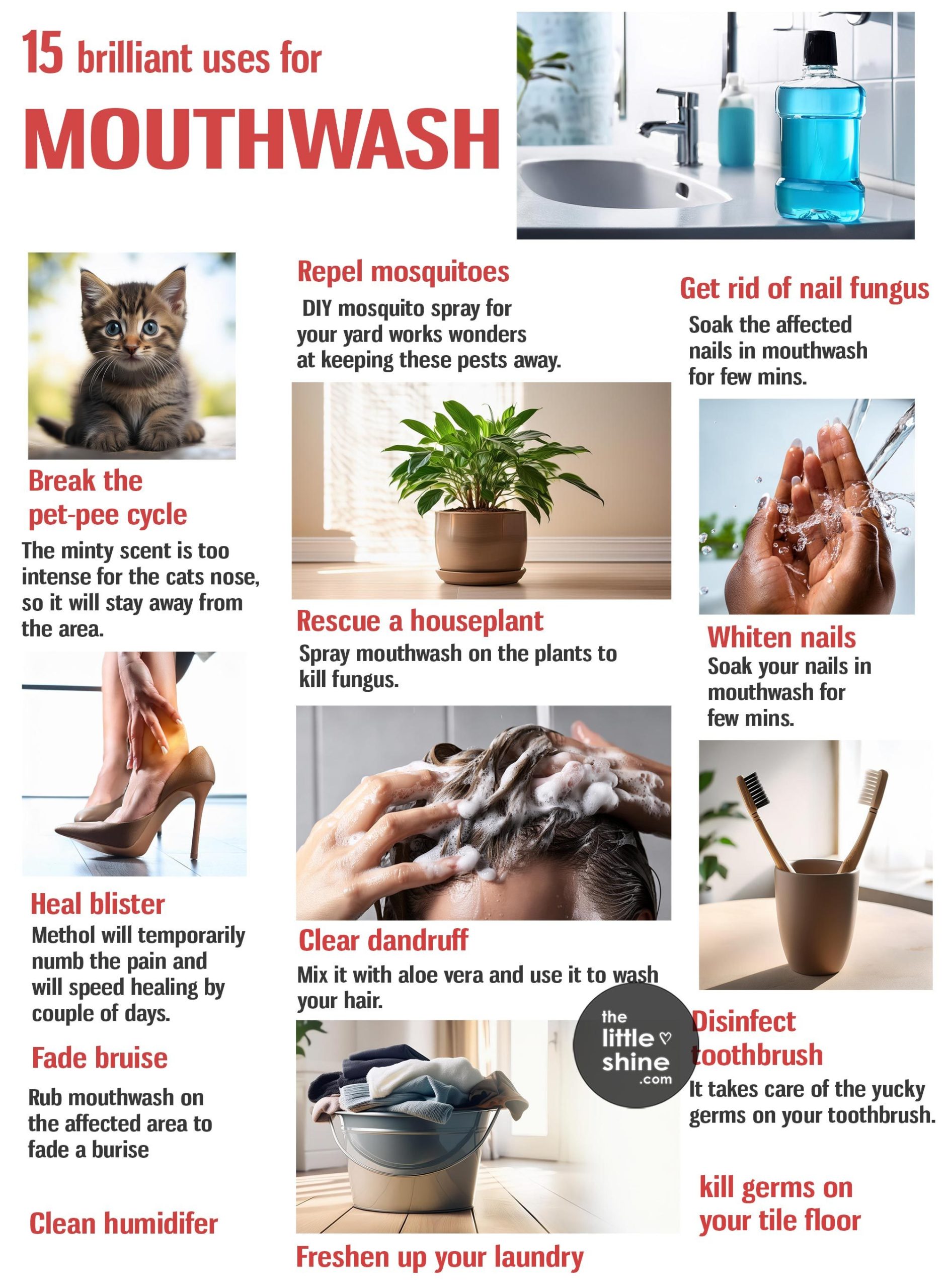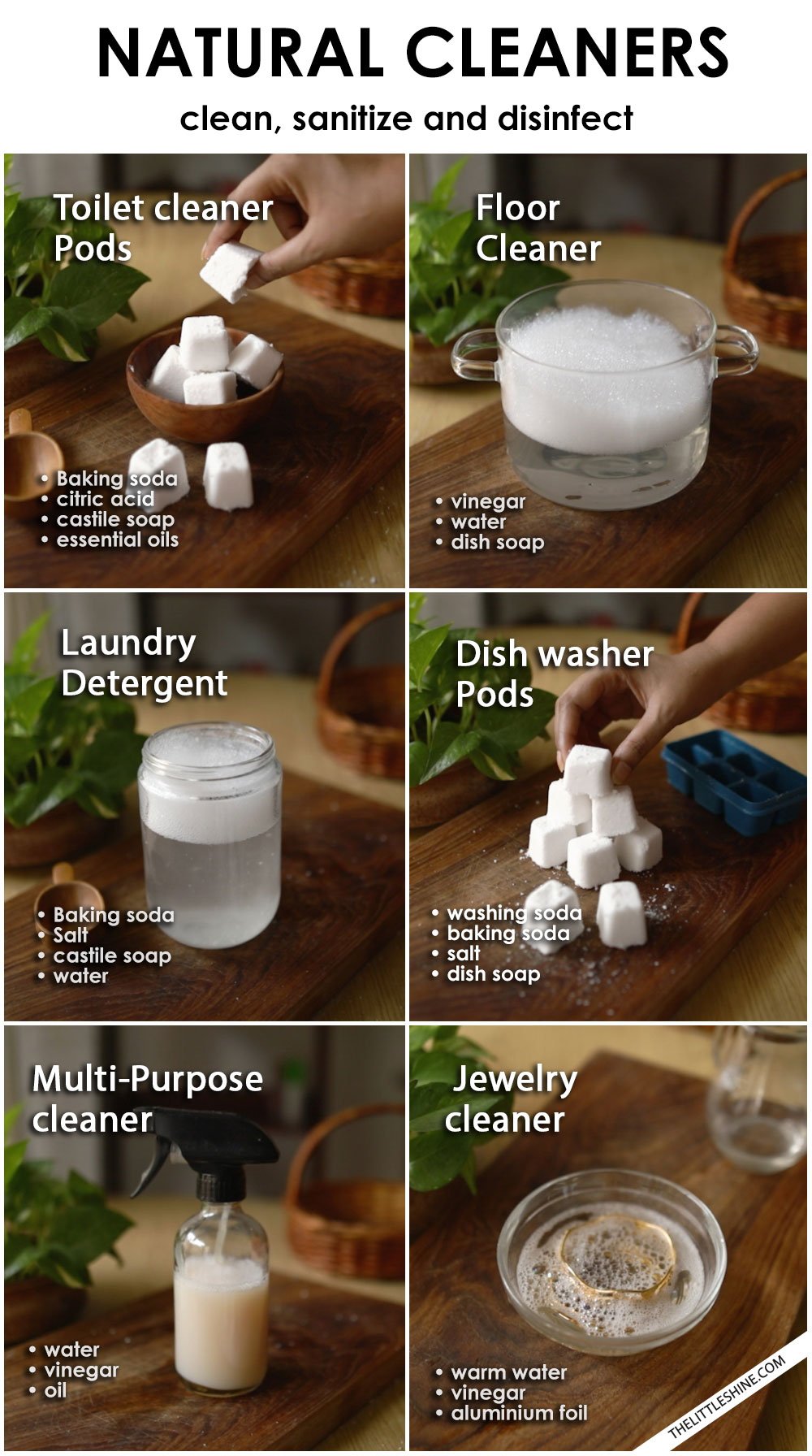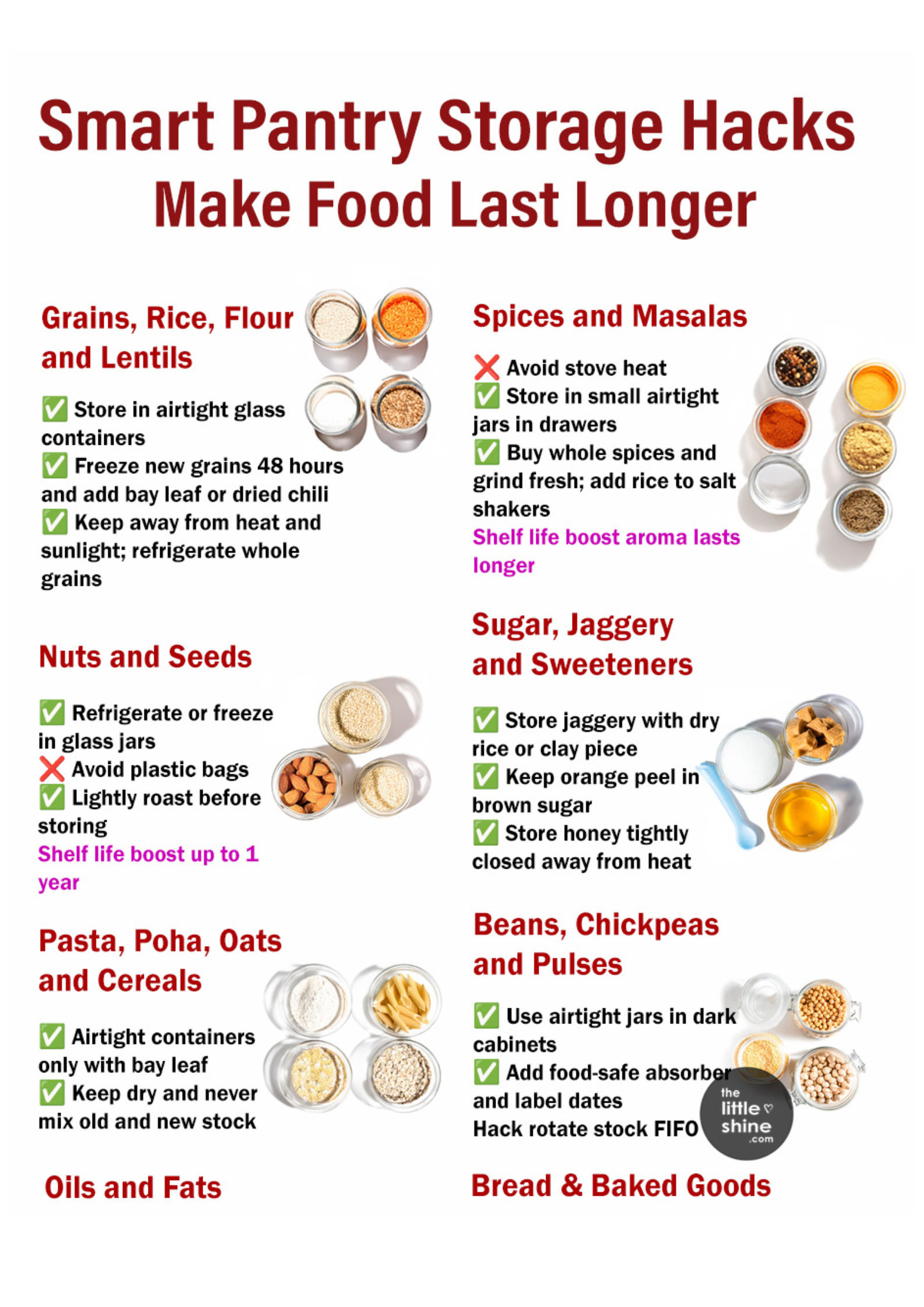Unusual ways to use a mouthwash
Mouthwash helps to fight germs and disease-causing bacteria so it is beneficial for bad breath, plaque, and cavities. But mouthwash can also be used around your home in many different ways to disinfect your kitchen, sanitize your laundry, to treat dandruff, and much more…

Deodorant – Mouthwash helps to fight odor causing bacteria. Pour a little mouthwash on a cotton pad and swipe under your armpits to get rid of body odor and also reduce sweat.
Nail fungus – Mouthwash contains antifungal properties that can get rid of a nail fungus. Mix mouthwash with equal parts of vinegar. Soak a cotton pad in it and apply it on the affected nails. Repeat three times a week or until symptoms subside.
Toothbrush cleaner – Disinfect your toothbrush to keep it away from germs. Pour some mouthwash in a small cup and then add your toothbrush so that the bristles of the toothbrush are soaked into the cup.
Heal Bruise – Just rub some mouthwash on the bruise to fade and heal the bruise.
Toothache – Gargle with mouthwash a few times a day to soothe a toothache or swollen gums.
Get tile gleaming – Simply combine 2 cups of water and 1⁄2 cup of mouthwash in a bucket, then saturate a sponge in the solution and wipe the tiles. Mouthwash’s thymol and menthol kill germs while the alcohol helps make dingy surfaces shine.
Rescue houseplant – Fill a spray bottle with a solution of one part mouthwash and three parts water and spritz the greenery once a week. The blend of antimicrobial compounds will destroy the fungus without harming the plant in about a week.
Laundry sanitizer – It will not only kill the germs in the clothes but will also disinfect the washing machine. It will also get rid of the mildew smell from the towels. Add 1/2 cup of clear mouthwash to the detergent compartment of your wash- ing machine, then launder as usual. Mouthwash’s alcohol and antibacterial essential oils will kill any odor-causing bacteria lurking in the fabric’s fibers.
Heal cracked feet – Pour equal parts of mouthwash and water into a big bucket and soak your feet in it for 15 mins. Mouthwash will gently exfoliate the skin under your feet to treat cracked heels and smooth the skin.
Dandruff – The antiseptic properties of mouthwash will help to get rid of dandruff, dry or itchy scalp effectively. Take mouthwash in a small bowl and add equal parts of fresh aloe vera gel. Dip a cotton pad in it. Section off your hair and rub the cotton pad on your scalp. Leave it on for 10 mins and shampoo it off.
Toilet sanitizer – The easiest way to sanitize and deep clean your toilets is to use mouthwash. Pour mouthwash, leave it on for few hours, or overnight to clean and shiny toilets.
Bug bites – Rub a small amount of mouthwash on bug bites to soothe the itch and swelling.
Heal blister – Your new shoes left a blister on your heel? To treat it, moisten a cotton ball with mouthwash and
gently dab the affected area once a day until the blister disappears. The rinse’s menthol will temporarily numb the pain while its powerful antiseptic thymol will speed healing by a couple of days.
Break the pet pee cycle – Fluffy just “went” on your rug, and you know she’ll return to the spot for future bathroom breaks if you don’t get all the odor out now. pritz the place with 1 cup of water and 3 Tbsp of clear mouthwash (to avoid staining the rug). The minty scent will be too intense for Kitty’s sensitive nose, so she’ll stay away from that area.
Clean humidifier – Your humidifier when the appliance isn’t in use, the stagnant, moist environment within the machine is a breeding ground for bacteria that can be released into the air once the humidifier kicks back on. After cleaning out the machine, pour in water, then add a spoonful or two of mouthwash. Its antimicrobial compounds will prevent harmful microorganisms from forming so you can breathe easily.

